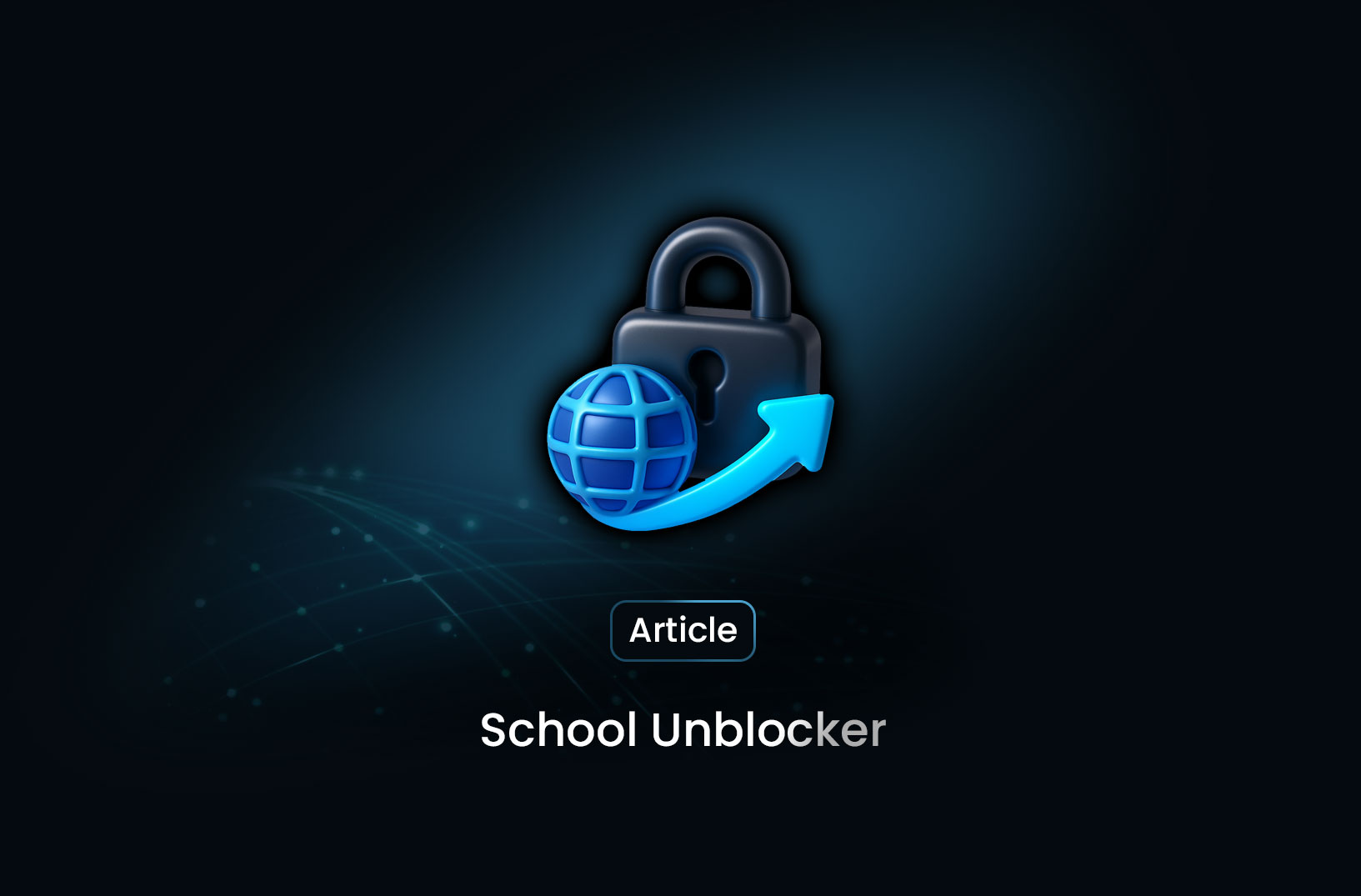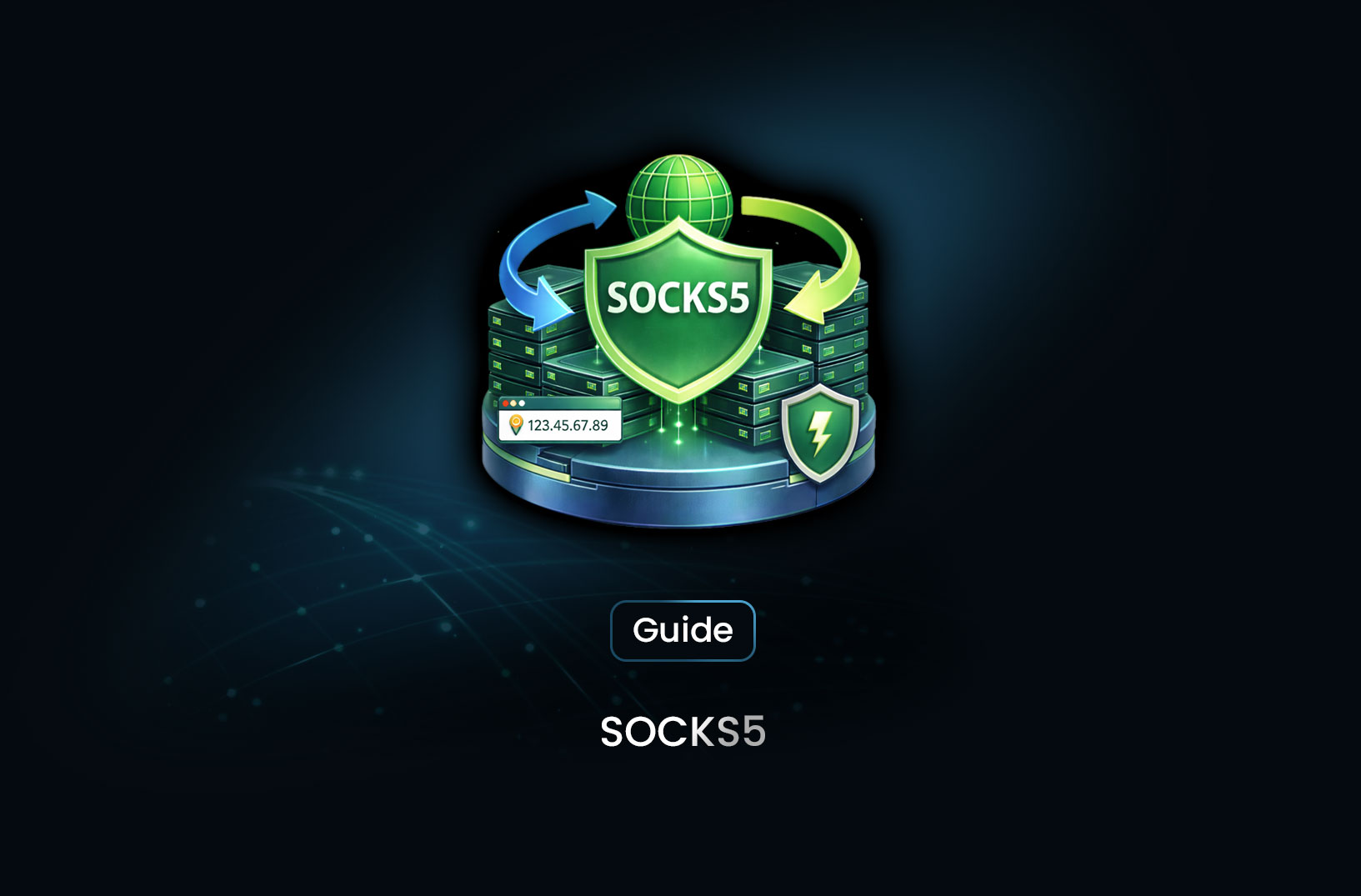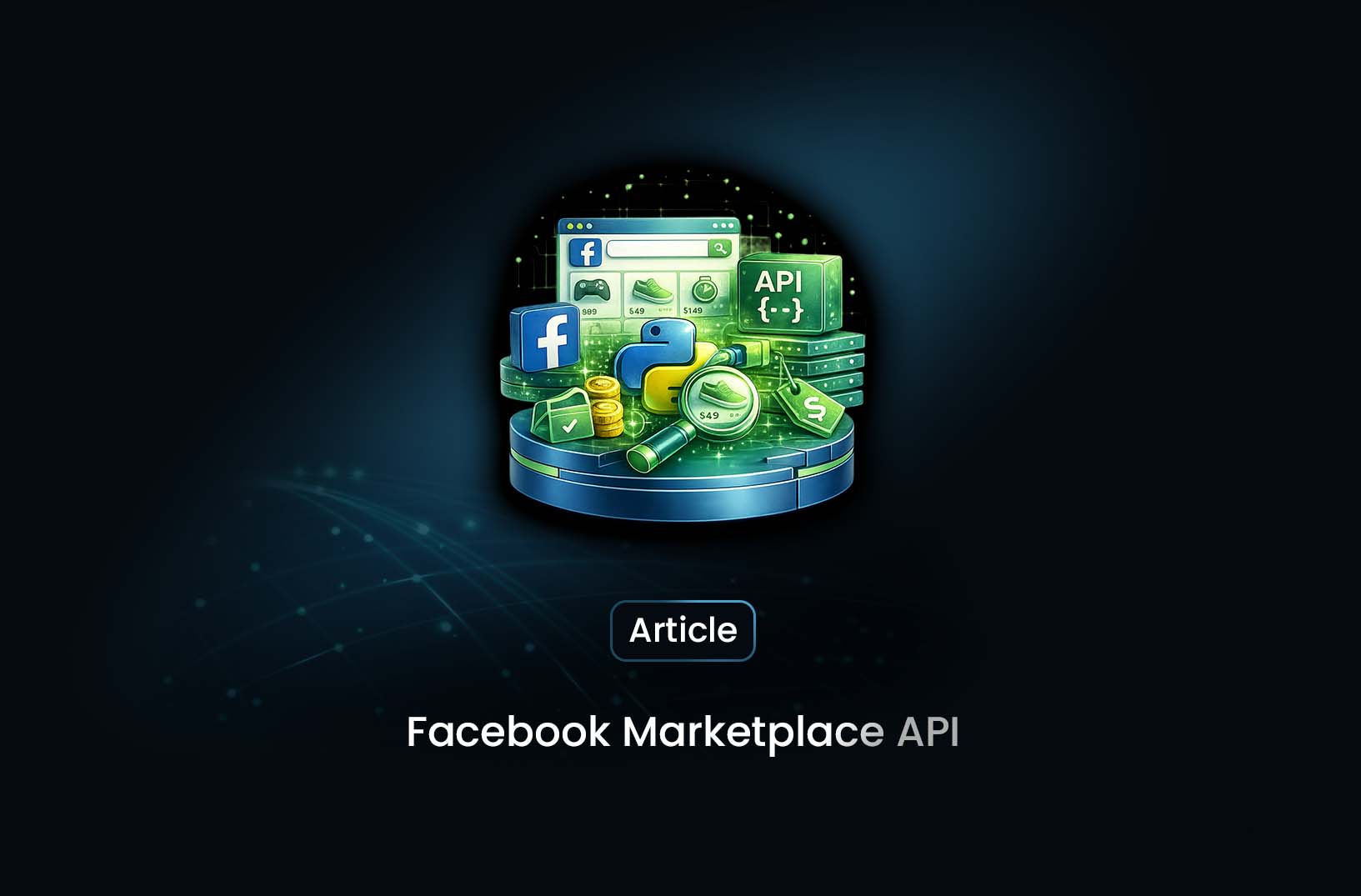
School Unblocker Tools: 5 Effective Ways to Bypass Internet Filters
ArticleFrustrated by blocked websites at school? Learn how school unblockers like VPNs, proxies, and browser extensions help bypass filters — and when it’s safe and responsible to use them.
Many students have encountered a “Website Blocked” message on their school computers. It can be frustrating: surveys report about 70% of teachers and students say web filters interfere with completing assignments. A school unblocker refers to tools or methods used to bypass these filters so you can reach otherwise blocked sites for research, study, or even entertainment.
Why Schools Block Websites
Schools use internet filters for several reasons. Common goals include:
- Safety & Compliance: Protecting students from inappropriate content (explicit images, hate speech, etc.) and complying with laws like the Children’s Internet Protection Act (CIPA).
- Productivity: Restricting social media, games, and other distractions so students stay focused on learning.
- Bandwidth Management: Blocking bandwidth-heavy sites (video streaming, gaming) to preserve limited network resources.
- Content Quality: Steering students toward credible sources and away from unreliable or non-educational sites.
While filters serve important purposes, they can also be overly broad. One report found schools blocking far more sites than legally required: some even block sex-education, LGBTQ+ support, and academic resources. Critics note that filters sometimes “block access to content of legitimate interest,” limiting students’ exposure to important viewpoints.
Common Tools for Bypassing Filters
Different tools for unblocking vary in convenience and security. For example, a recent guide shows that VPNs tend to score highest overall (especially on security and anonymity), whereas web proxies and extensions are easier to use on public devices. Here are some common school unblocker methods:
-
VPN (Virtual Private Network): A VPN creates an encrypted tunnel between your device and an external server. This hides your real IP address (making it look like you’re browsing from another place). VPNs generally offer strong encryption, so they can bypass many school filters and keep your traffic private. Many VPN services (such as NordVPN or ExpressVPN) have user-friendly apps, but note that schools sometimes block known VPN traffic, and some VPNs require a subscription.
-
Web Proxy Servers: A web proxy is an intermediary site that fetches content for you. When you use a proxy, your school sees only the proxy’s address, not the blocked site. This can let you access restricted content without installing anything on your device. For instance, one source explains that proxies “function as intermediaries” that help you access blocked sites. However, many free proxies offer no encryption, and they may be slow or unreliable. As an aside, MrScraper also uses a form of proxy technology: its rotating residential proxies fetch data for users while concealing their IP.
-
Browser Extensions: Certain browser add-ons can also act as unblockers by routing your connection through another server. These extensions are easy to install and use (they often appear as an icon in your toolbar), but you should pick a trusted one that protects your privacy. Some networks can detect and disable common unblocker extensions, though good extensions may have ways to disguise traffic.
-
Tor Browser: The Tor Browser sends your traffic through a global volunteer network to hide your location and identity. This can circumvent many firewalls or filters. However, Tor connections are usually slower, and many schools block access to the Tor network. Downloading and installing Tor itself might also be prevented on school devices.
-
DNS/Smart DNS: Changing your computer’s DNS to a public DNS provider (like Google’s 8.8.8.8 or Cloudflare’s 1.1.1.1) can sometimes sidestep simple content blocks by routing domain lookups differently. However, this method does not encrypt your connection or hide your IP (as a VPN does), so it offers very limited privacy and often fails against strict filters.
Considerations and Responsible Use
It’s important to be cautious when using school unblockers. Many schools explicitly forbid tools like VPNs or proxies, and bypassing filters can violate acceptable-use policies. If you get caught, you could lose internet privileges or face disciplinary action. Always use these methods only for legitimate educational needs. If you believe a necessary site is wrongly blocked, consider asking a teacher or IT administrator to review it. When you do use an unblocker, choose secure, reputable services (free tools often log your data). Ultimately, remember that filters are there for student safety, so use unblockers wisely and ethically.
Find more insights here

How to Use a SOCKS5 Proxy Server
A SOCKS5 proxy is simply a piece of infrastructure that sits between your device and the internet an...
.jpg)
Spotify Profiles Search Scraper: How It Works and Why Developers Use It
Unlock music market insights by scraping Spotify user profiles. Learn the best tools for keyword-bas...

Facebook Marketplace API: What Developers Need to Know in 2026
Learn why Meta doesn't offer a public endpoint and discover the 3 best ways developers programmatica...
